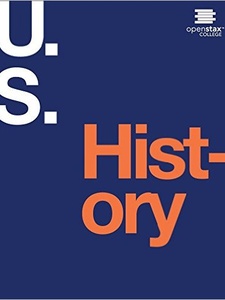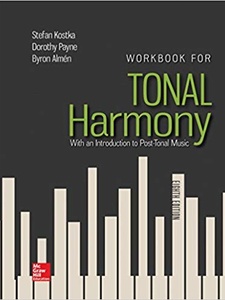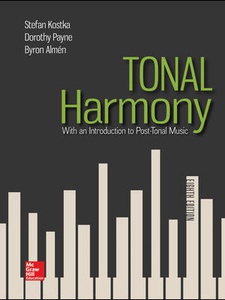Created by
Terms in this set (22)
Students also viewed
Other sets by this creator
Verified questions
Recommended textbook solutions

U.S. History
1st Edition•ISBN: 9781938168369John Lund, Paul S. Vickery, P. Scott Corbett, Todd Pfannestiel, Volker Janssen567 solutions

The Language of Composition: Reading, Writing, Rhetoric
2nd Edition•ISBN: 9780312676506Lawrence Scanlon, Renee H. Shea, Robin Dissin Aufses661 solutions

Tonal Harmony, Workbook
8th Edition•ISBN: 9781259686764Byron Almen, Dorothy Payne, Stefan Kostka1,387 solutions

Other Quizlet sets
1/5

